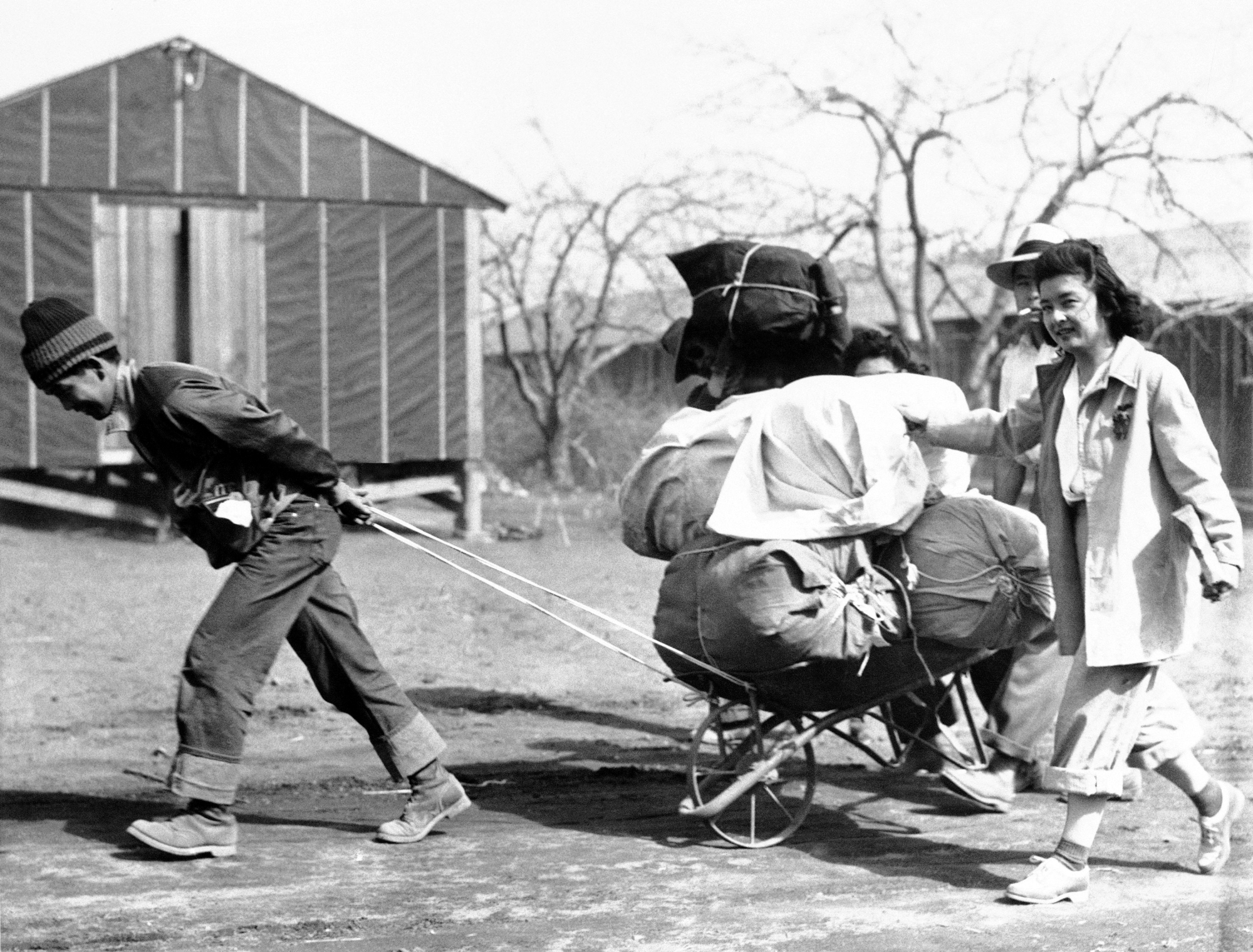The U.S. Supreme Court on Tuesday upheld President Donald Trump's ban on travel from several mostly Muslim countries, but in the process also overruled an infamous 1944 decision that allowed the internment of 120,000 Japanese-Americans during World War II because of concerns over homeland defense following the attack on Pearl Harbor and the need to take "proper security measures."
The repudiation of the 74-year-old decision in Korematsu v. United States came in response to a dissent in the travel ban case summarized by Justice Sonia Sotomayor, who likened it to the Korematsu decision, saying there were "stark parallels" in the reasoning.
This prompted a strongly worded response from Chief Justice John Roberts, who wrote the majority opinion for the five conservative justices in the 5-4 travel ban decision, that "Korematsu has nothing to do with this case" and "was gravely wrong the day it was decided."



